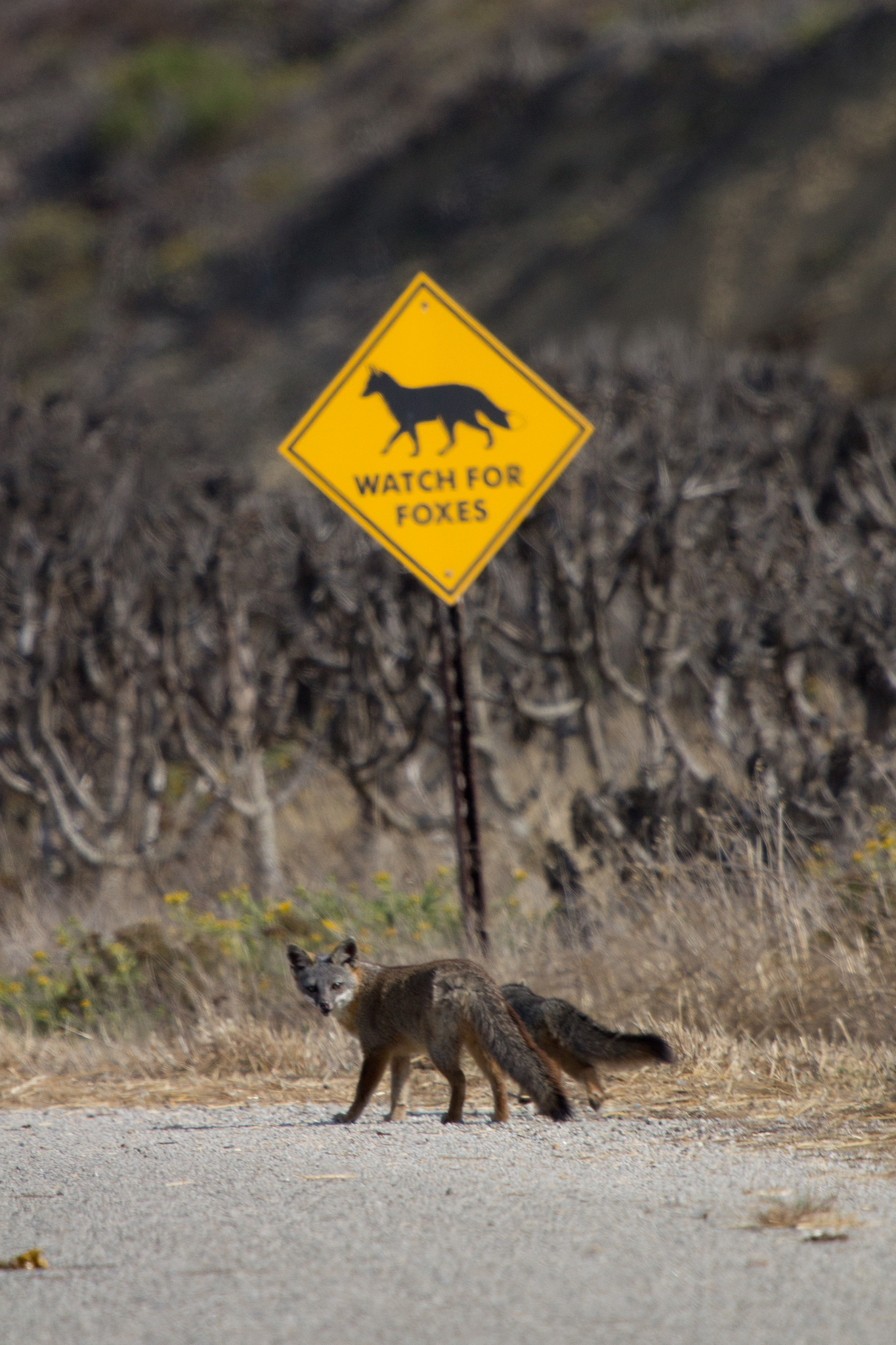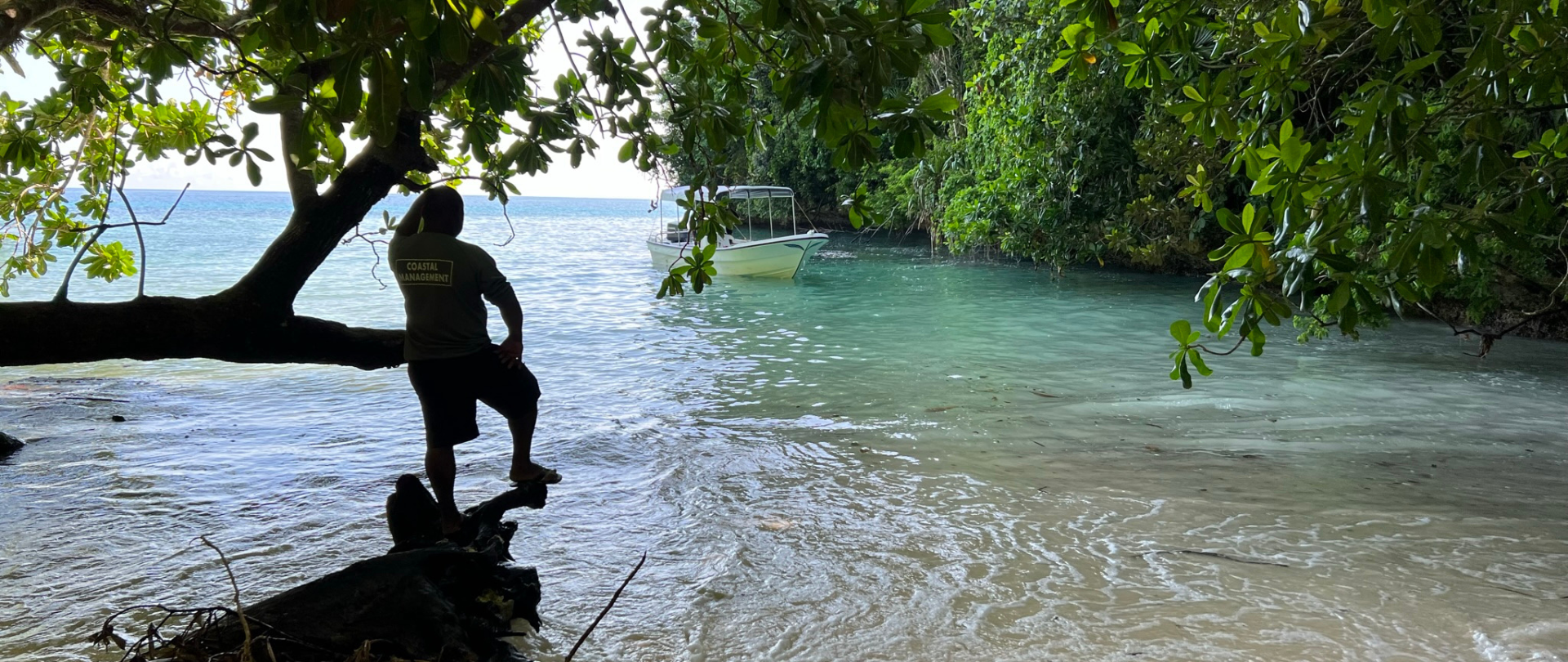October 29, 2025
Data Shows Endangered Palau Ground Doves Swiftly Recovering After Successful Palauan Island Conservation Effort
Astounding evidence of recovery on Ulong Island in Palau after just one year!
Published on
August 17, 2016
Written by
Sara
Photo credit
Sara

Following intensive conservation efforts, Island Foxes are no longer endangered.
When Europeans settled on the Channel Islands, they brought with them a number of species that were novel to the native ecosystem. Pigs, sheep, deer, feral cats, and other animals introduced to the island began to disturb the native species’ relationships. Island Foxes, once abundant, started to dwindle as more and more individuals became prey for a growing Golden Eagle population. In accordance with its sharp population decline, the Island Fox was flagged as Critically Endangered by the International Union for Conservation of Nature.

Conservationists established a breeding program for the threatened native fox and created a program to relocate the Golden Eagles. The efforts payed off–the Island Fox population began to recover, and after several years lost their endangered status entirely. Steve Henry, U.S. Fish and Wildlife’s Ventura Field Supervisor said,
We’re ecstatic that we’ve reached this point so quickly.
In 2009 Island Conservation worked on San Nicolas Island. To protect native species, Island Conservation relocated feral cats, which competed with the foxes for habitat, to a permanent sanctuary. Seeing a species rebound from extinction is heartening and inspiring, and raises hope for continued success in conservation.

Featured photo: Island Fox on San Nicolas Island. Island Conservation
Read the original article at LA Times
Check out other journal entries we think you might be interested in.

October 29, 2025
Astounding evidence of recovery on Ulong Island in Palau after just one year!

May 19, 2025
Read our position paper on The 3rd United Nations Ocean Conference (UNOC 3) to see why we're attending and what we aim to accomplish!

December 4, 2024
Ann Singeo, founder of our partner organization the Ebiil Society, shares her vision for a thriving Palau and a flourishing world of indigenous science!

November 22, 2024
This historic agreement aims to protect the marine and coastal areas of the Southeast Pacific.

November 18, 2024
Our projects to restore key islets in Nukufetau Atoll forecast climate resilience and community benefits in Tuvalu!

October 3, 2024
Island Conservation and partners have published a new paper quantifying ecosystem resilience on restored islands!

September 10, 2024
Climate Week NYC: what is it and why is it important? Read on to find out why Island Conservation is attending this amazing event!

September 5, 2024
With sea levels on the rise, how are the coastlines of islands transforming? Read on to find out how dynamic islands really are!

December 14, 2023
Join us in celebrating the most amazing sights from around the world by checking out these fantastic conservation photos!

November 28, 2023
Rare will support the effort to restore island-ocean ecosystems by engaging the Coastal 500 network of local leaders in safeguarding biodiversity (Arlington, VA, USA) Today, international conservation organization Rare announced it has joined the Island-Ocean Connection Challenge (IOCC), a global effort to…